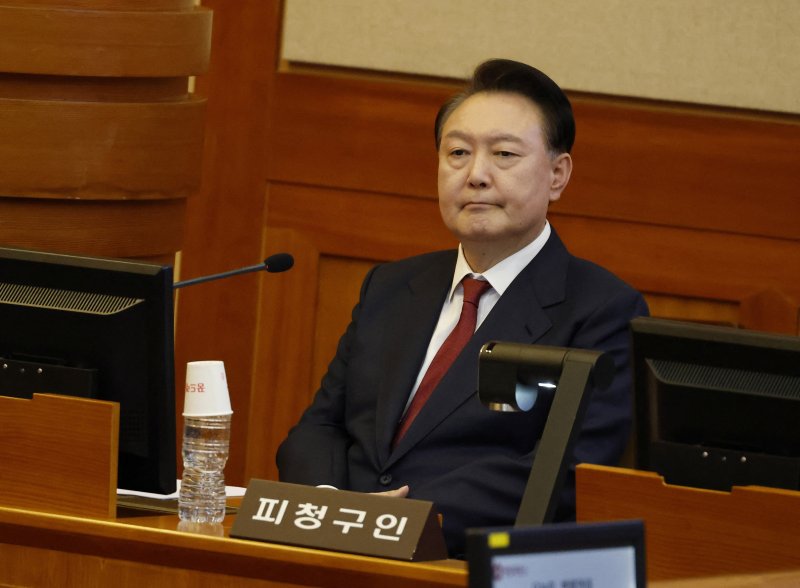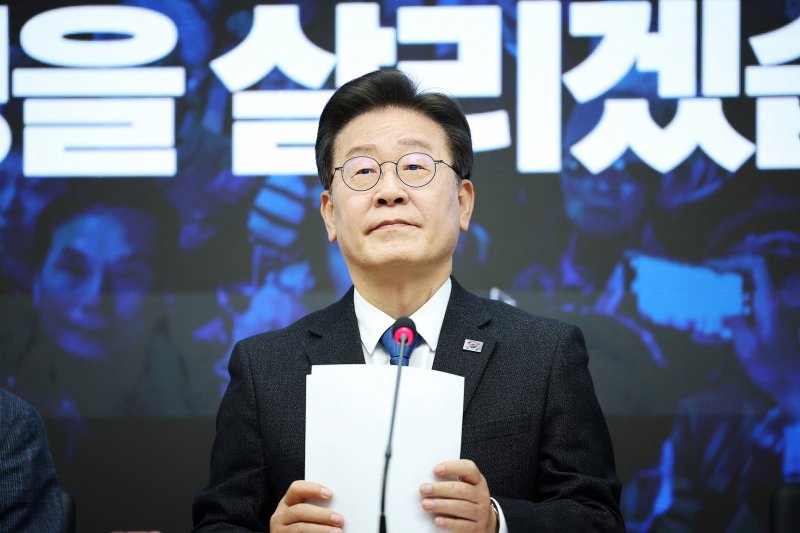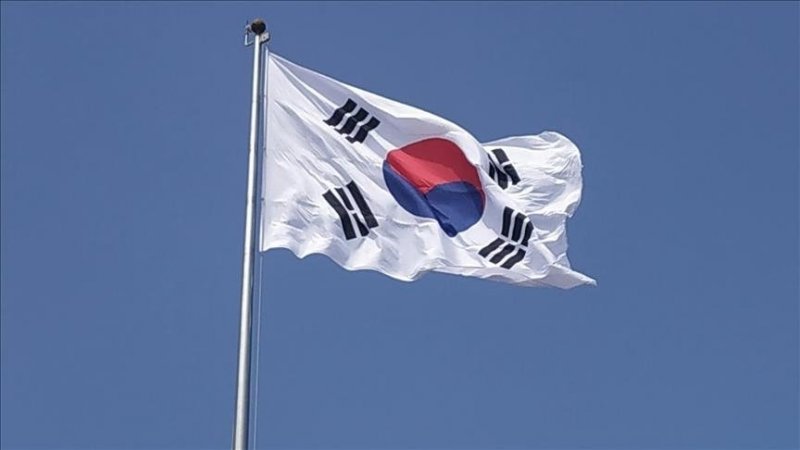Editor’s note: Vusal Guliyev is an expert at the Baku-based Center of Analysis of International Relations (AIR Center). The article expresses the personal opinion of the author and may not coincide with the view of News.Az.
South Korea is facing one of the most defining political moments in its modern democratic history. The dramatic impeachment of President Yoon Suk Yeol in April 2025, following his controversial declaration of a state of emergency in December 2024, has placed the country’s democratic institutions under extraordinary strain. This series of events marks the most severe political crisis in decades, revealing institutional vulnerabilities and prompting a national reckoning over the country’s democratic trajectory.
The crisis was fueled by mounting public discontent with President Yoon’s increasingly authoritarian approach, culminating in his decision to impose military rule under the guise of addressing national security threats. The move was widely condemned by domestic civil society groups and the international community as a violation of constitutional norms. Mass protests and a strong reaction from the opposition spurred swift legislative action, ultimately leading to Yoon’s impeachment by the National Assembly.
 South Korea’s impeached President Yoon Suk Yeol attends the fourth hearing of his impeachment trial over his short-lived imposition of martial law at the Constitutional Court in Seoul, South Korea, 23 January 2025. JEON HEON-KYUN/Pool via REUTERS
South Korea’s impeached President Yoon Suk Yeol attends the fourth hearing of his impeachment trial over his short-lived imposition of martial law at the Constitutional Court in Seoul, South Korea, 23 January 2025. JEON HEON-KYUN/Pool via REUTERS
This impeachment was more than a legal process, it was a fundamental test of South Korea’s democratic system. While the judiciary and legislature demonstrated their capacity to check executive overreach, the episode also exposed deep political polarization and structural fragilities. The situation further deteriorated when several senior cabinet members, including the Prime Minister, abruptly resigned, creating a temporary leadership vacuum at a time of national uncertainty.
In the wake of the impeachment, Education Minister Lee Ju-ho stepped in as acting president. His appointment is largely viewed as a stabilizing measure, intended to oversee the country’s transition toward emergency presidential elections. Although Lee lacks an independent political base, his principal task has been to ensure a transparent, secure, and credible electoral process. His ability to maintain administrative stability will be vital to restoring public trust and averting further crisis.
Scheduled for June 3, the upcoming presidential election is more than a procedural exercise, it represents a pivotal referendum on the future direction of South Korea’s political order. While six candidates are contesting, the race has effectively narrowed to two prominent figures offering starkly different visions for the country.
Lee Jae-myung, representing the center-left Democratic Party, is widely regarded as a reform-minded technocrat. He built his political reputation on pledges of economic fairness and regional development. His current campaign centers on post-crisis economic recovery, expanding the social safety net, boosting artificial intelligence initiatives, and promoting a more autonomous and balanced foreign policy. His emphasis on forward-looking reforms has struck a chord with younger voters and urban professionals who are disillusioned with the traditional political establishment.
 Photo: Lee Jae-myung, leader of the main opposition Democratic Party, attends an event to disband the election camp for the 22nd parliamentary election in Seoul, South Korea, April 11, 2024. REUTERS/Kim Hong-Ji
Photo: Lee Jae-myung, leader of the main opposition Democratic Party, attends an event to disband the election camp for the 22nd parliamentary election in Seoul, South Korea, April 11, 2024. REUTERS/Kim Hong-Ji
In contrast, Kim Moon-soo, the leading conservative candidate, appeals to South Korea’s traditionalist electorate. A staunch advocate of national security, his platform prioritizes military modernization, deepening defense ties with the United States, and the deployment of nuclear-powered submarines to deter threats from North Korea and China. Although his nomination was initially met with internal party disputes, Kim has since solidified his standing among conservative voters, especially in rural areas and among older generations, by positioning himself as a champion of stability and security.
The outcome of this election will shape not only South Korea’s domestic political landscape but also its foreign policy at a time of heightened regional uncertainty. Under President Yoon, South Korea adopted a more assertive pro-U.S. stance, reinforcing trilateral cooperation with Japan and the United States while distancing itself from China. A victory for Lee Jae-myung may shift this trajectory, paving the way for a more calibrated diplomatic approach that seeks to ease regional tensions and diversify strategic partnerships. Conversely, a Kim Moon-soo administration is expected to double down on security cooperation with Washington, aligning more closely with the Indo-Pacific strategy, an approach likely to strain relations with Beijing and Pyongyang.
What makes this political juncture so consequential is not only the leadership transition but the broader questions it raises about the strength and sustainability of South Korea’s democratic institutions. The impeachment of a sitting president, the administrative disruption that followed, and a deeply polarized electoral environment have underscored the urgent need for democratic reform and institutional resilience. Yet, the peaceful pursuit of legal accountability and preparation for a smooth transfer of power also highlight the enduring strength of South Korea’s democratic foundations.
As the nation prepares to vote, the stakes could not be higher. Will South Korea reaffirm its commitment to liberal democratic principles, or pivot toward a more security-oriented, conservative governance model? Will the election restore trust in public institutions or further entrench political divides? The answers to these questions will shape not only South Korea’s future but also its role in a region marked by shifting alliances and intensifying geopolitical competition.
(If you possess specialized knowledge and wish to contribute, please reach out to us at opinions@news.az).
